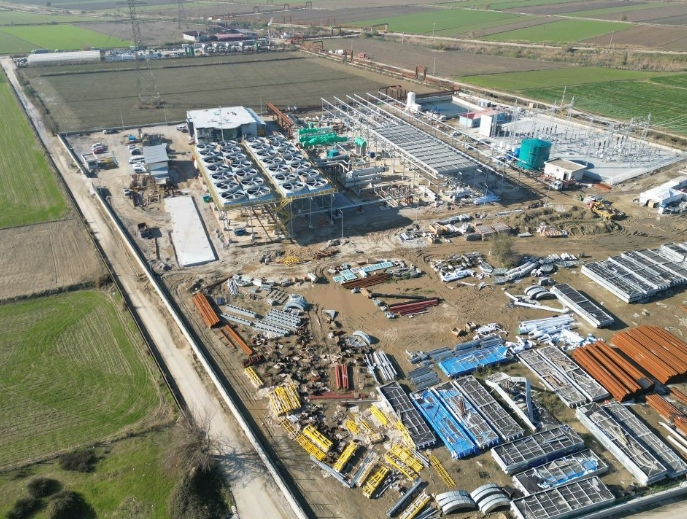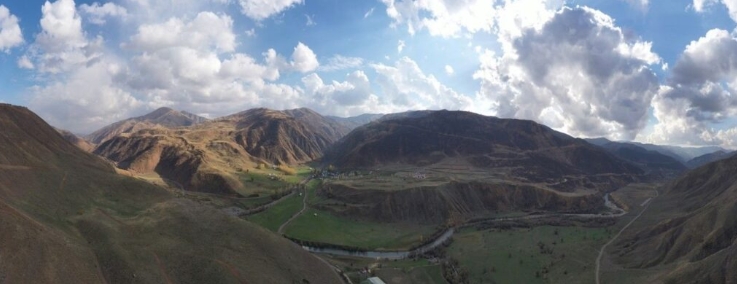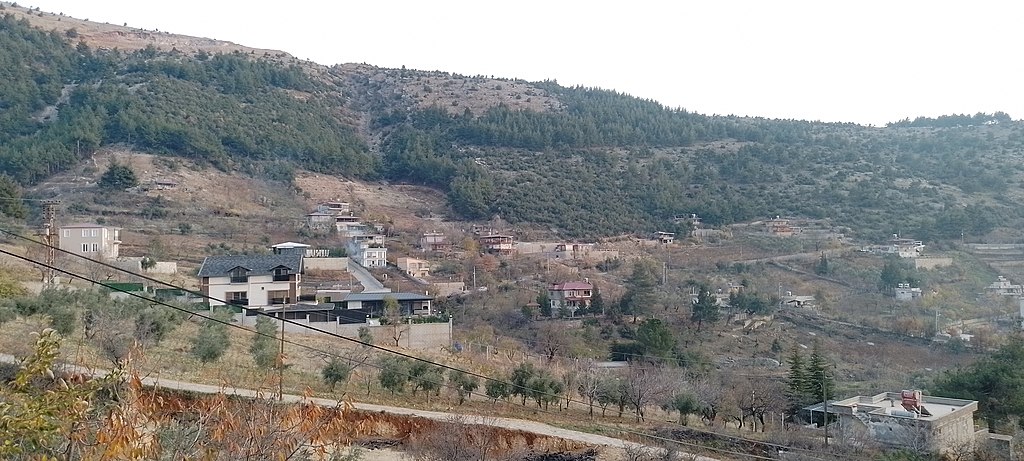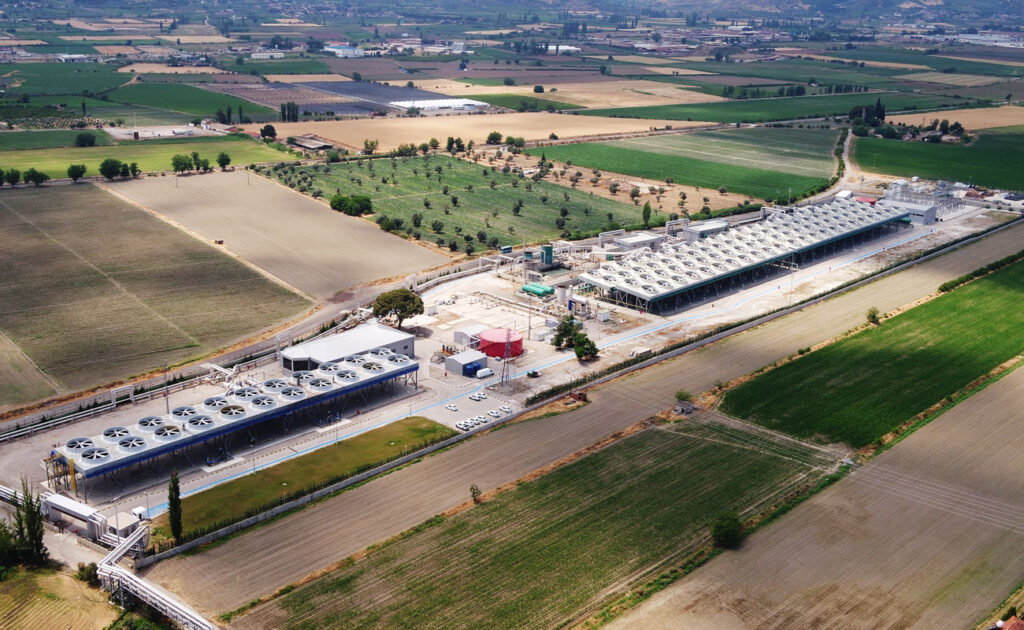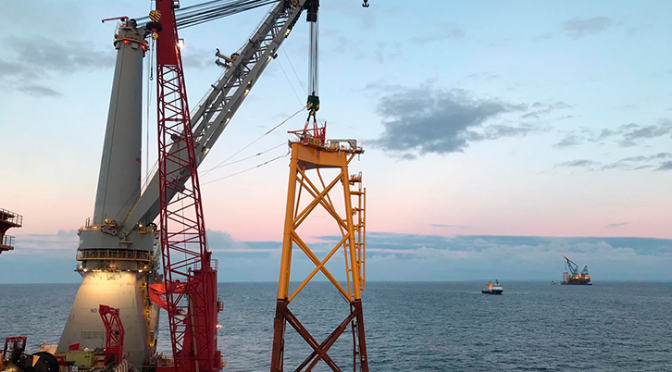
By technology, the leading energy is onshore wind, which exceeds 20,000 MW for the first time in its history after installing 750 MW in 2022. Among last year’s projects, the Oitis onshore wind farm in Brazil stands out. This project, comprising 12 farms, will have a total installed capacity of 566.5 MW, making it the company’s largest onshore wind project in Latin America and the second largest in the world. It has also begun commercial operation of its first solar farm complex in Brazil, Luzia, which has a capacity of 149 megawatts.
Also noteworthy is the development of photovoltaic energy, which now totals 4,264 MW, following the installation of 1,204 MW. This strong momentum is due mainly to the incorporation of the 553 MW Francisco Pizarro photovoltaic plant in Cáceres (Extremadura), which supplies clean energy to 334,400 homes per year. On an international scale, it is worth highlighting the development of the 193 MW Lund Hill photovoltaic plant, the largest solar project in the state of Washington, and the 200 MW Golden Hills wind farm in Sherman County, Oregon.
Of the company’s entire renewable portfolio, Spain accounts for almost 50%, with almost 19,800 MW of ‘green’ installed capacity, helping to position the country as one of the most important powers in Europe. For its part, the United States has 8,702 green MW, mostly wind, Brazil has 4,568 MW and the United Kingdom has more than 3,000 MW. The remaining countries account for 3,890 MW of green power.
Renewable energy production stood at 74,525 GWh in 2022, thanks to new installed capacity and the positive performance of onshore wind power, which compensated for the shortage of rainfall. In fact, onshore wind production increased by 9.3% to 45,195 GWh. Also noteworthy is the photovoltaic contribution, which will reach almost 4,000 GWh in 2022, thanks to the commissioning of new plants.
Iberdrola’s renewable production in the period has contributed to avoiding the consumption of some 13,000 million cubic metres of natural gas, the amount that would have been needed to generate that electricity through this fossil energy source.
Thanks to last year’s renewable deployment, Iberdrola continues with its commitment to reduce its polluting emissions. By the end of 2022, 80% of the company’s installed capacity will be emission-free.
As part of its commitment to continue contributing to self-sufficiency and decarbonisation in the countries where it operates, the company announced at its Capital Markets Day that it will reach 52,000 MW of renewable energy by 2025. To this end, it will install 12,100 MW of new green power by 2025 – 3,100 MW of onshore wind, 6,300 MW of photovoltaic, 1,800 MW offshore, 700 MW of batteries and 200 MW of hydro. The group has already secured 50% of the new capacity and around 95% of the production will be contracted by 2025.
By 2030, the outlook presented at Capital Markets Day anticipates a ‘green’ generation capacity of 80,000 MW, with a total portfolio of 100,000 MW.
To achieve these figures, the company has committed to invest 17,000 million euros between 2023-2025, in high quality projects with the best risk/return ratio. Of this amount, 46% will be focused on offshore wind in France, Germany, the United Kingdom and the United States. In the remaining technologies, onshore wind will account for 25% of investment, PV 24%, hydro 2% and batteries 3%.
